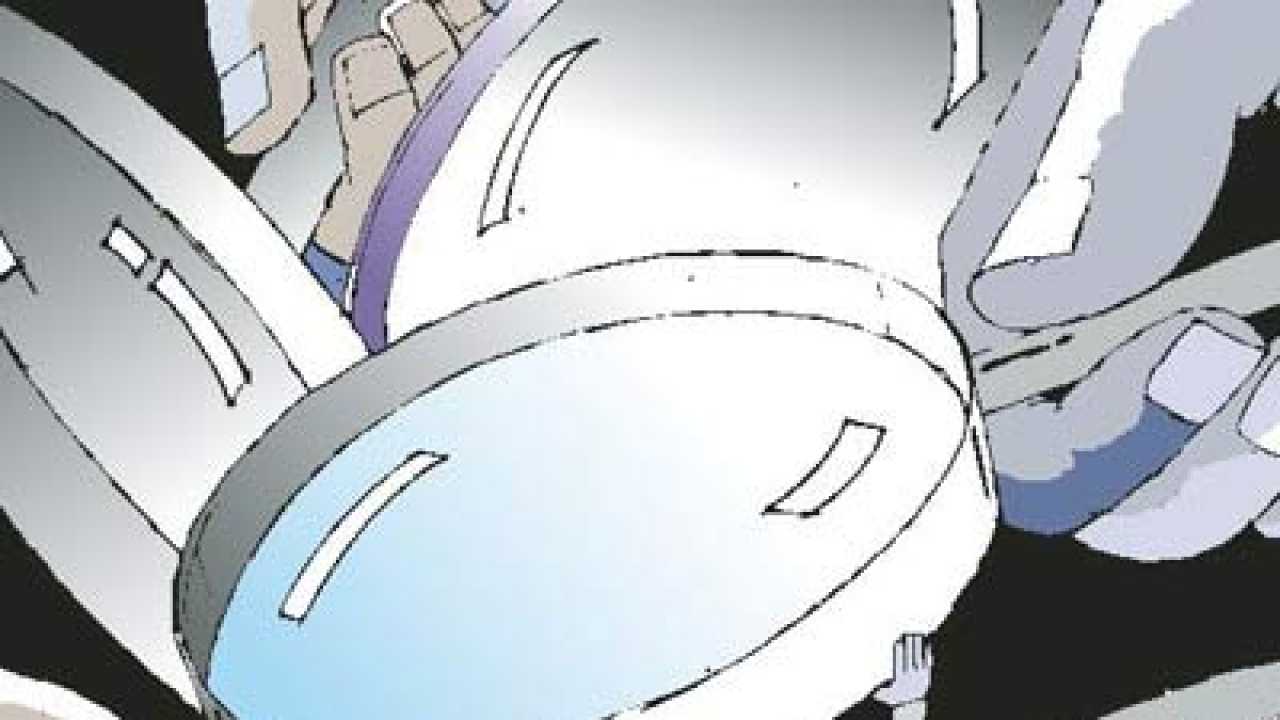
There is a very recent report that the Centre is mulling the idea of having a single agency at its disposal that would collect intelligence as well as investigate acts of terror. (The FBI in the US handles both collection of domestic intelligence and investigation). No further details are available at this juncture as to what shape this move would take. Whether this would involve the creation of a brand new agency or merely empower the National Investigation Agency (NIA), which is the agency that investigates all major cases of terrorism in the country, is still unknown.
At present, the Intelligence Bureau (IB), attached to the Union Ministry of Home Affairs (MHA), is the sole fountain of intelligence in matters of terrorism. Many investigating agencies are said to endorse the speculated move to empower an existing agency outside the IB or create a new one to handle all issues relating to terrorism as the right step towards outwitting the present-day terrorist. It is but fair that a serious across-the-nation debate precedes any move to bring about this reform. This is because such a step would involve a dilution of the pre-eminence of the Intelligence Bureau, something that the latter would fight tooth and nail. A major turf war cannot be ruled out in such a scenario. Divesting the IB of the responsibility to collect terror intelligence would mean jettisoning tradition and the ushering in of a near revolution in thinking and administrative procedures. Recent trends in international terrorism call for urgent and bold thinking. Any conservatism is anathema to policing in the dangerous times in which we live. And coming as it does, the Centre’s projected change in security administration with regard to terrorism is welcome. It should be subject, however, to serious scrutiny by experts before being ushered in.
There are two difficulties here that any major revamp of intelligence collection and terror investigation apparatuses face. First is the task of making our states agree to the intended reform. We know how the proposal to launch a National Counter Terrorism Centre (NCTC) — on the lines of the one floated by the US in the post-9/11 days — fell apart, following stiff resistance by the states. However, the present dispensation in New Delhi has more than indicated its desire to carry all the states with it in all matters of governance. The proposed body that would replace the existing Planning Commission would have all Chief Ministers as its members. This welcome spirit of accommodation should enthuse the states to ratify whatever changes are placed before them by the Union government regarding terrorism as well.
Next come the legal difficulties that are not insurmountable. The successful creation of a National Investigation Agency (NIA) by the previous government offers hope that any future reform with regard to handling of terror may not get bogged down in a legal tangle. The NIA is a police organisation as defined under the Criminal Procedure Code. This being so, and ‘police’ being a state subject, the creation of NIA a few years ago would normally have required states’ ratification. Through a clever move, the previous government circumvented this requirement and it created the NIA citing ‘national security’. The present government is possibly thinking on similar lines to replicate the NIA model in creating a new agency, if it does not merely stop with transferring intelligence responsibility from the IB to the NIA without opting for a new agency in addition to the NIA.
Only time will tell whether the new experiment will actually help to achieve the objective.
The writer is a former CBI Director